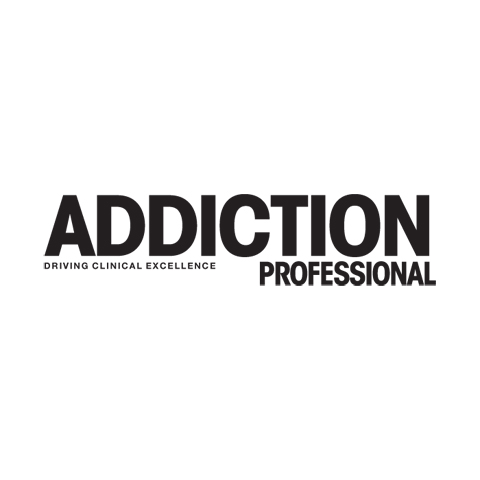Addiction Professional Magazine: Tougher sledding for recovering professionals
 While treating recovering professionals, Philip Hemphill, PhD, has found that many times these individuals encounter problems by virtue of some of their character qualities. The people who are drawn into professional schools have a tendency in their training to be extremely competitive; forced to make difficult decisions; expected to lack limits and suppress emotions; and feel the need to live up to something. These tendencies, can oftentimes spill over into their practice, and the expectation of perfectionism can lead to a lack of balance and social isolation, he explains.
While treating recovering professionals, Philip Hemphill, PhD, has found that many times these individuals encounter problems by virtue of some of their character qualities. The people who are drawn into professional schools have a tendency in their training to be extremely competitive; forced to make difficult decisions; expected to lack limits and suppress emotions; and feel the need to live up to something. These tendencies, can oftentimes spill over into their practice, and the expectation of perfectionism can lead to a lack of balance and social isolation, he explains.
Although the majority of professionals Hemphill works with are from the healthcare field, others come from areas of law, business, academia and clergy. Hemphill is program director of the Professional Enhancement Program at Mississippi-based Pine Grove.
Hemphill says the typical professional in treatment tends to be a 40-55 year-old male. They’re usually about 10 years post-training and experiencing some life crisis, or a change in the workplace culture.
Many of those who seek treatment may be having a difficult time balancing their requirements as a professional and their life experiences. These life experiences can include a recent death in the family, recent financial loss or responsibility, a divorce, etc. Additionally, high stress situations in the workplace can cause professionals trouble. These factors can include having a shortage of professionals to complete the work, a high turnover rate in the organization, or even stress at the macro level, such as the current changing healthcare landscape with the health reform and the emergence of the electronic health record.
Hemphill believes that the circumstances that have led to the need for electronic medical records (EMRs) have caused an increase in healthcare professionals’ experiencing burnout and even suicidality. He explains that this is because the EMRs have “essentially taken away the art, the creative part of healthcare, which allows a story to be told.” EMRs make the work much more restricted than it was in the past, Hemphill says.
Many professionals have complained that there is now more emphasis placed on the need for documentation of the visit, more so than the quality of the encounter. “And it’s contributed to exhaustion and de-personalization in professionals, and just a diminished feeling of accomplishment,” he explains.
Many warning signs of problems for professionals are similar to suicidal risk factors: life cycle issues such as a divorce, death of a loved one or partner, being hyper-critical of themselves or others, experiencing mood swings, trying to treat themselves when they have a chronic illness, engaging in substance abuse, or have access to firearms or other risky behaviors.
Click here to read the rest of the article published in Addiction Professional.
